Serious games for research
Serious Games as a Research Tool Games as a Method Serious games can contribute to scientific research in many different ways and at many different stages. Think of collecting quantitative…
Can a serious game teach children to wash their hands better? With this question, the University of Twente and the University of Münster approached 8D. It soon became clear that children often do know that washing their hands is important. However, it is not always clear how and when it is best to wash your hands. With our design methode, we started to investigate how serious gaming could change this.


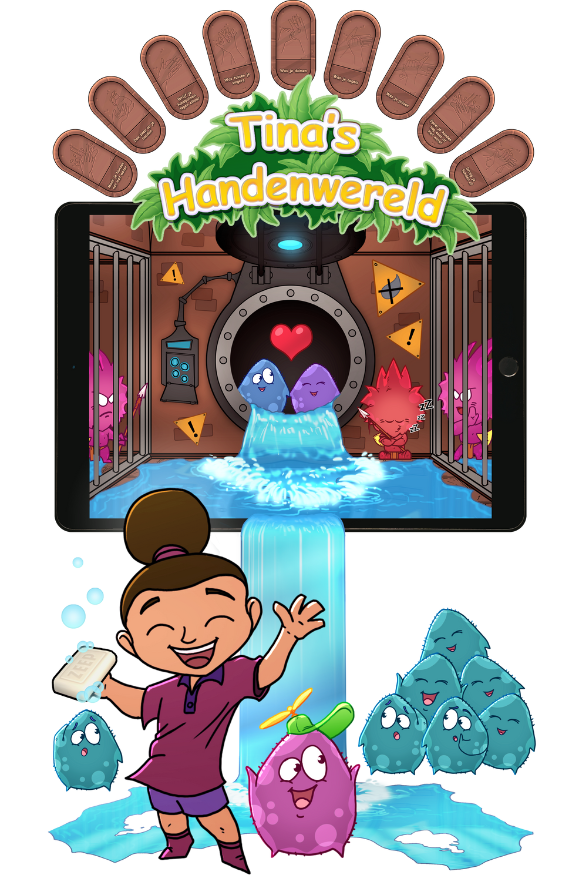
The assignment was to develop a game prototype that would transfer knowledge about hand washing to young children in an appealing and activating way. With a prototype, you mainly want to see whether the mechanics are effective and indeed work for the target group, without having to immediately develop a complete product.
At the same time, a young target group is not able to ‘see through’ the prototype, so even before testing the gameplay, a lot of the functionalities and appealing artwork would have to be created. The trick was to find the right balance.
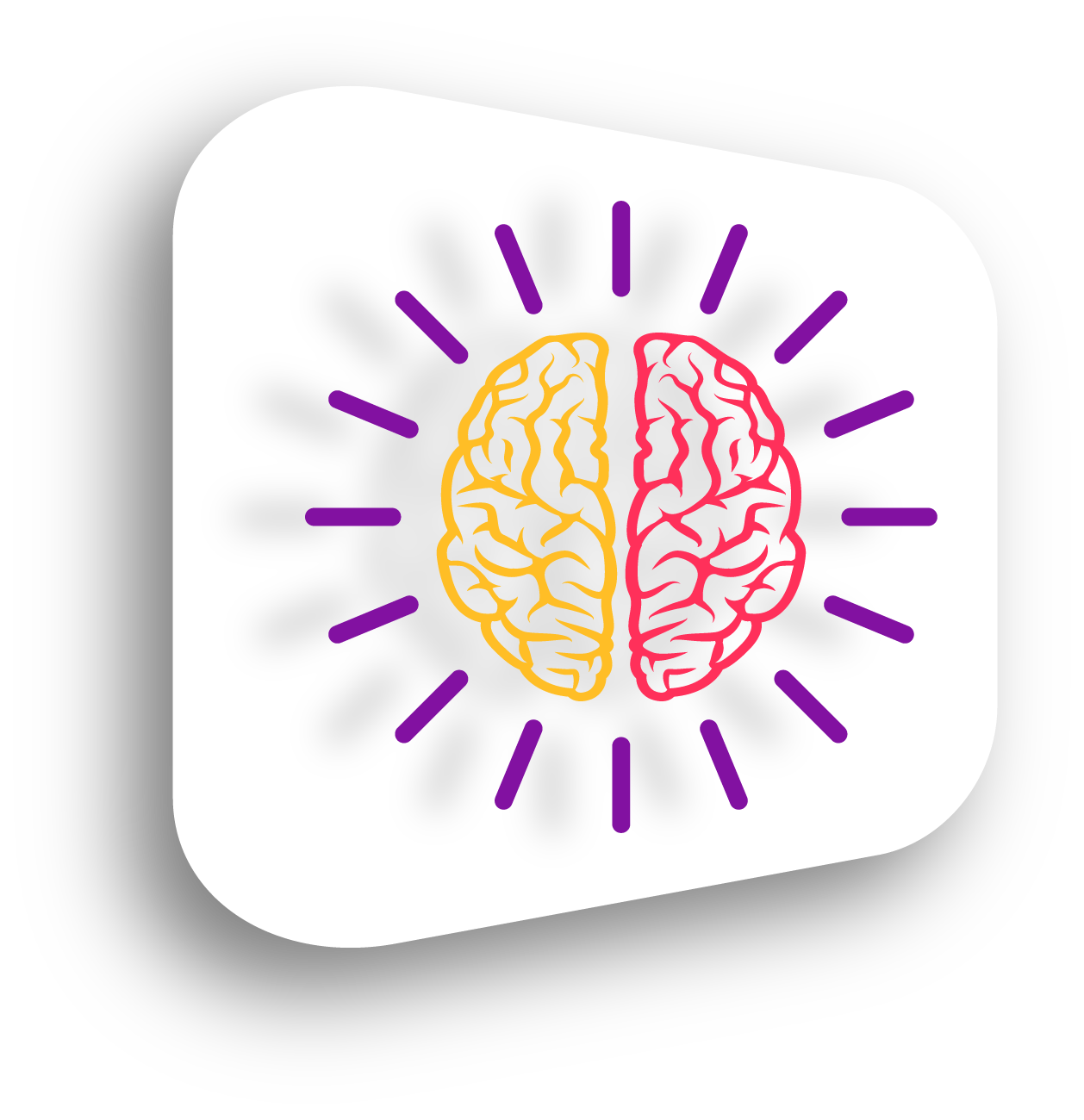 Approach
ApproachBased on interviews, we researched what children already know about handwashing and where exactly the information needs lie. For example: in which situations is it difficult to wash your hands, even though you know you have to? And when do you skip it? We also used very simple prototypes to test how much information children aged 6 to 8 can process through a game. We found out that children in this age group can handle more information than we had expected, especially when it is presented in a good way.
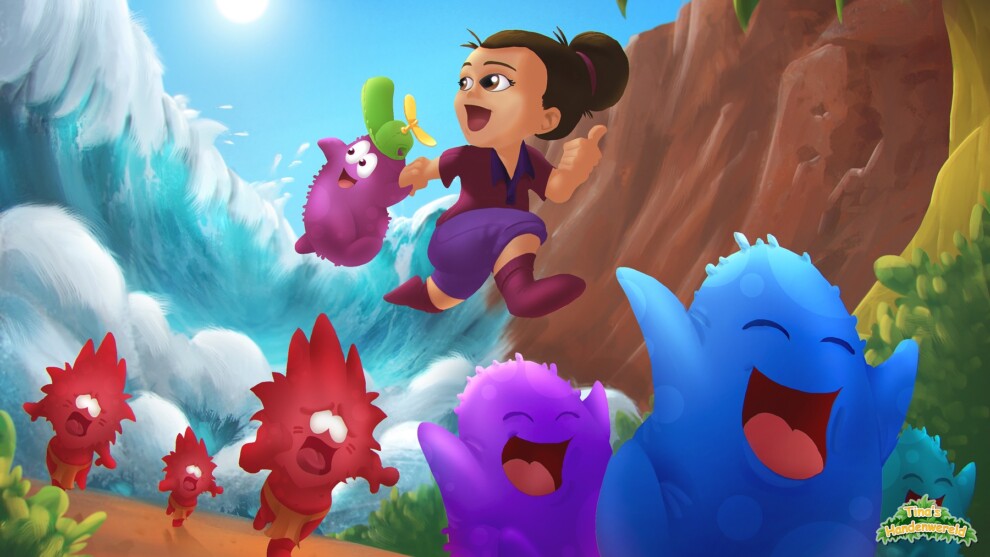
 Results
ResultsWe have developed a point-and-click adventure game with two types of gameplay. On the one hand, children are taken into a fantasy story within the ‘world of hands’ of Tina. In the world of hands, children see that some places – for example, damp locations with little fresh air – are more attractive to bad bacteria. In these places they find many more ‘bacteria dolls’ than in other places. Children are challenged to recognise these characteristics. Using a puzzle game, they then learn in what order they can best perform the ‘hand-washing steps’.
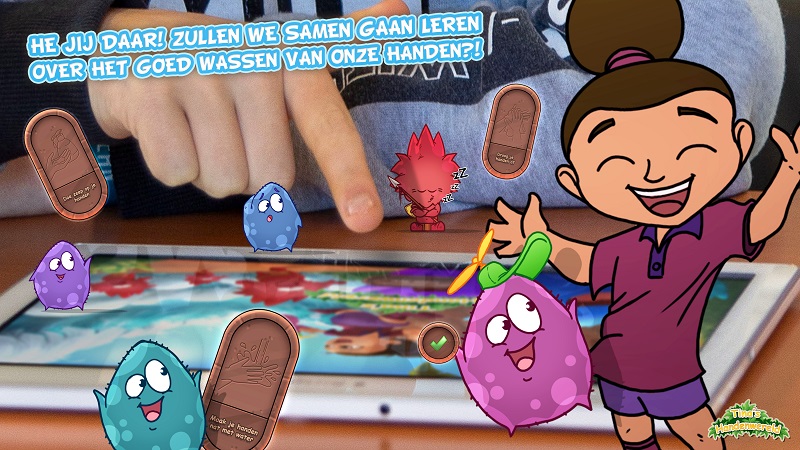

Johan will tell you more during an introductory meeting, without any obligation!
At 8D, we support researchers in integrating a design approach into their work, from project design to creative product development and process supervision. These participatory methodologies help solve complex, people-centred problems and embed research findings in society in a sustainable way.
In all our projects, we work according to a proprietary social design method which we have refined over the past decade based on experience. Our approach combines the best of several design-oriented methodologies, with co-creation with stakeholders at its core. The beauty of this approach is that we allow room for course changes based on co-creation, while keeping the momentum going by making task allocations and schedules as concrete as possible.
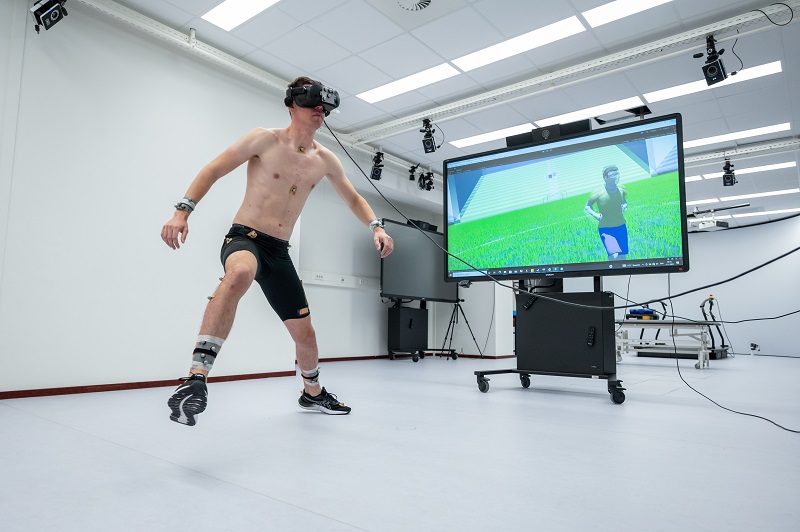
Serious Games as a Research Tool Games as a Method Serious games can contribute to scientific research in many different ways and at many different stages. Think of collecting quantitative…
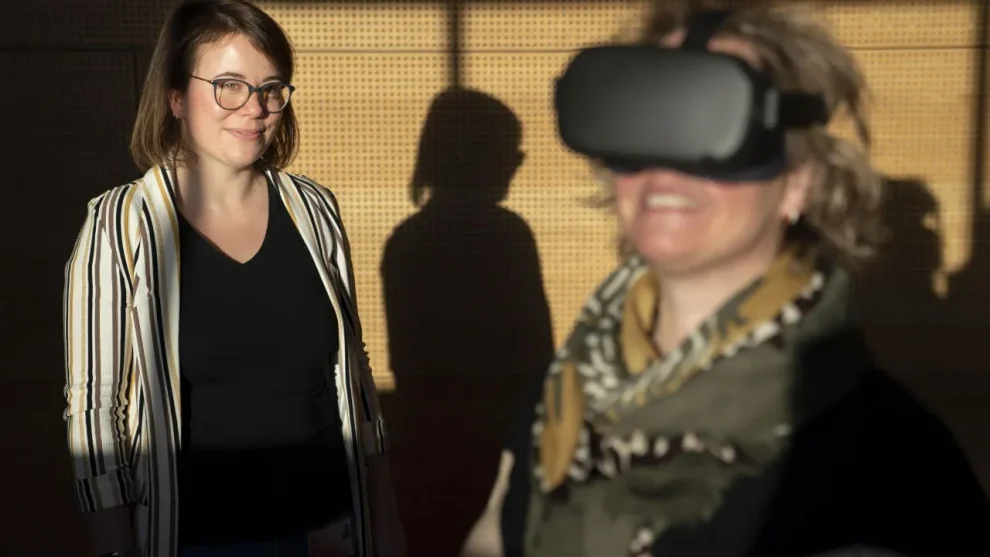
Interested in the possibilities of serious gaming in healthcare and research, and want to know more about the process of doing PhD research in this field? On July 5, 2023,…